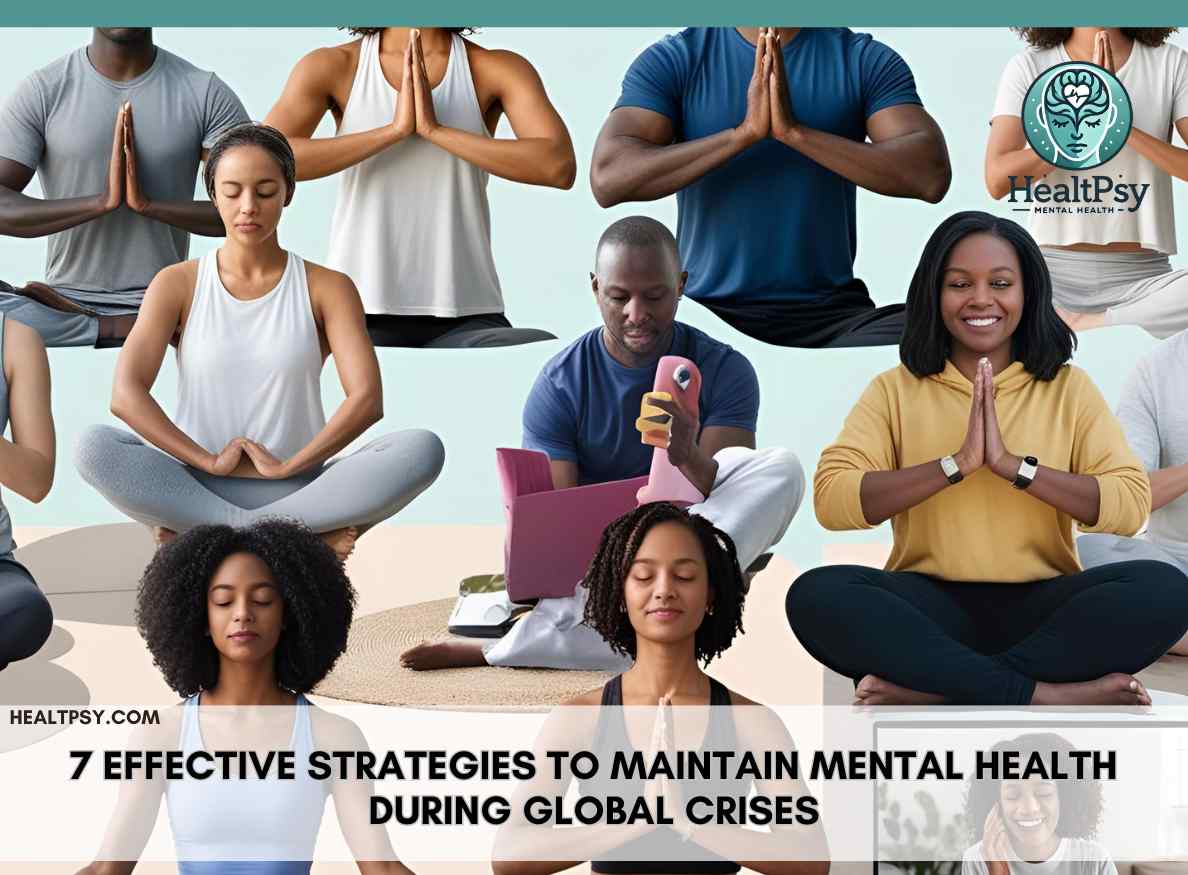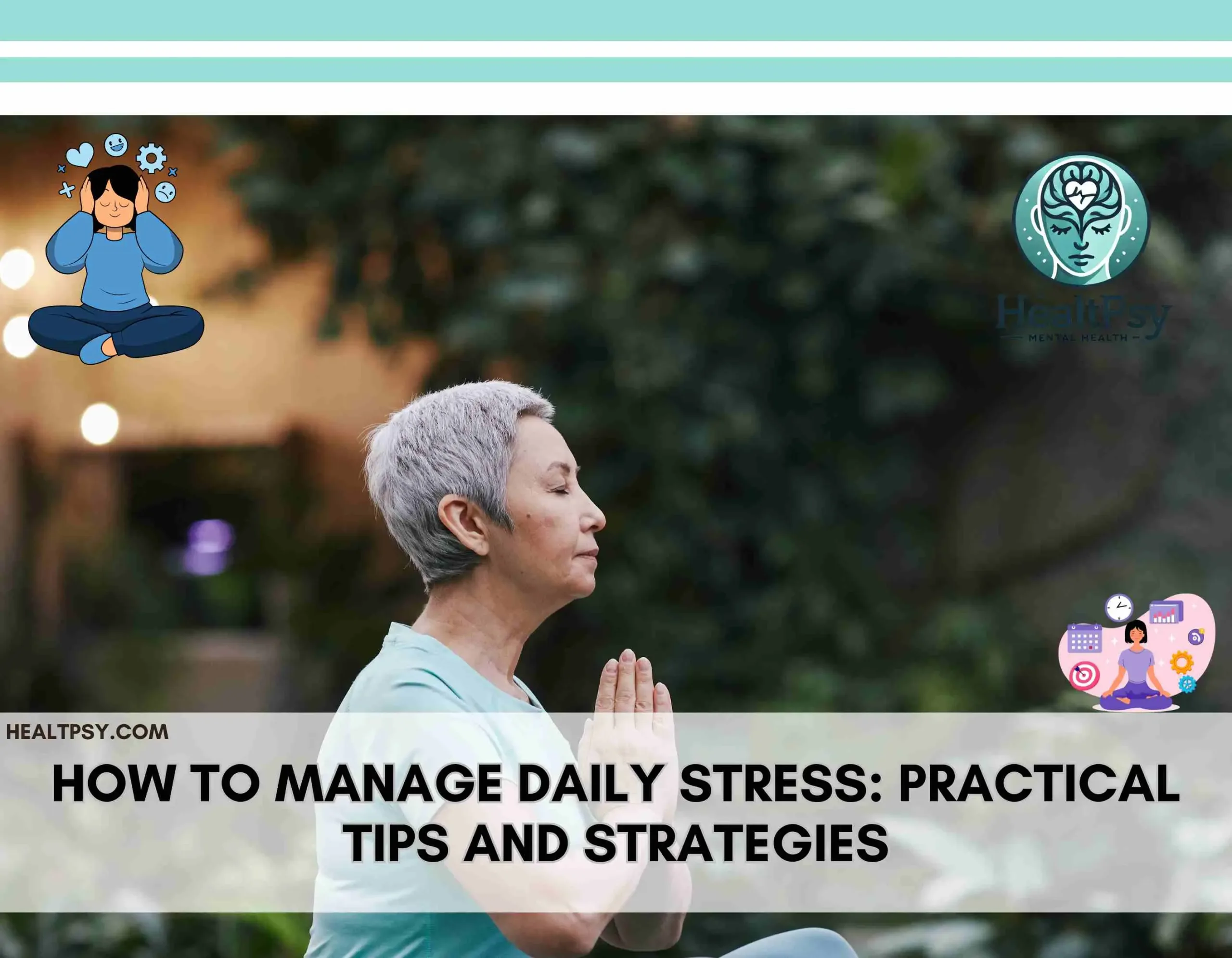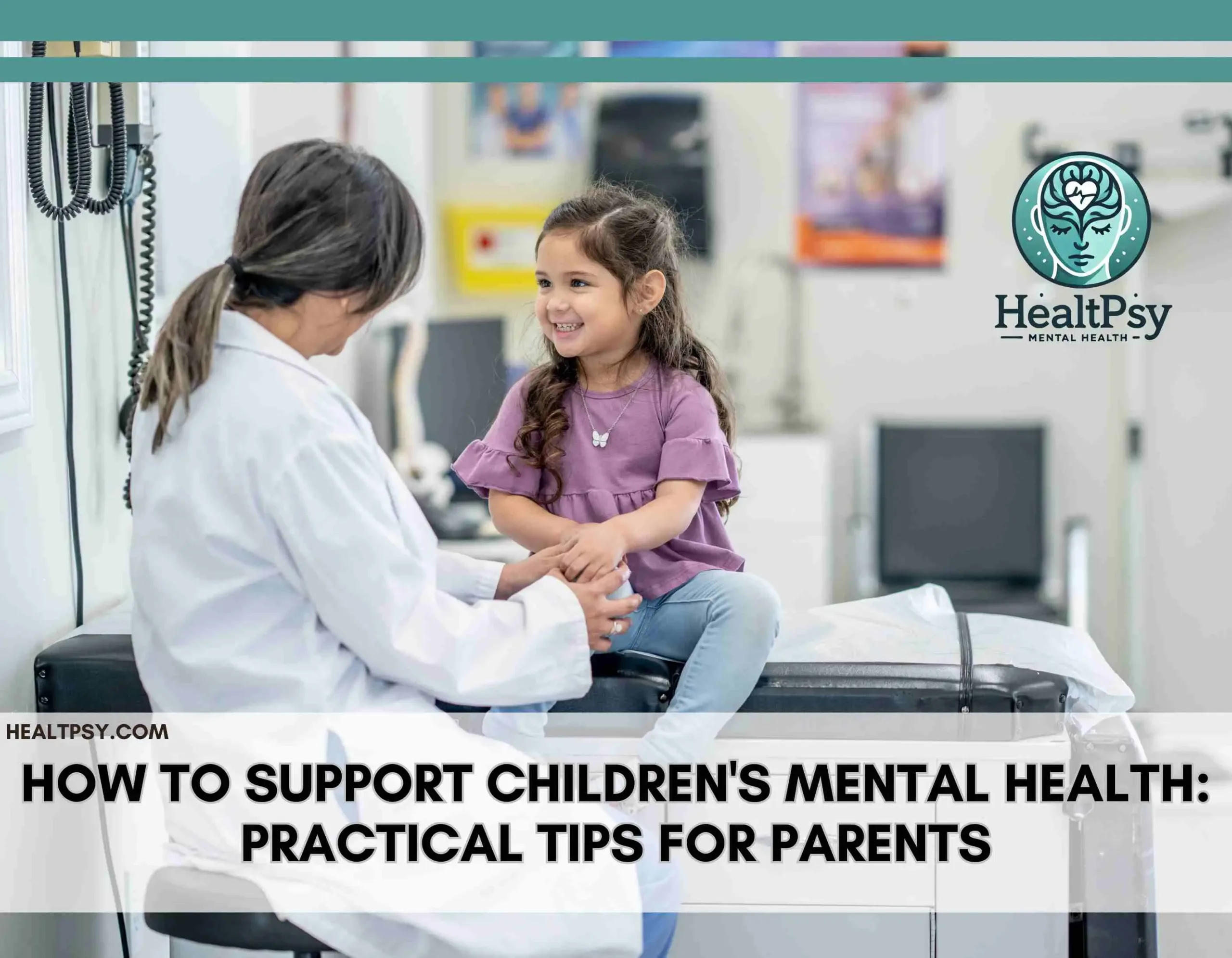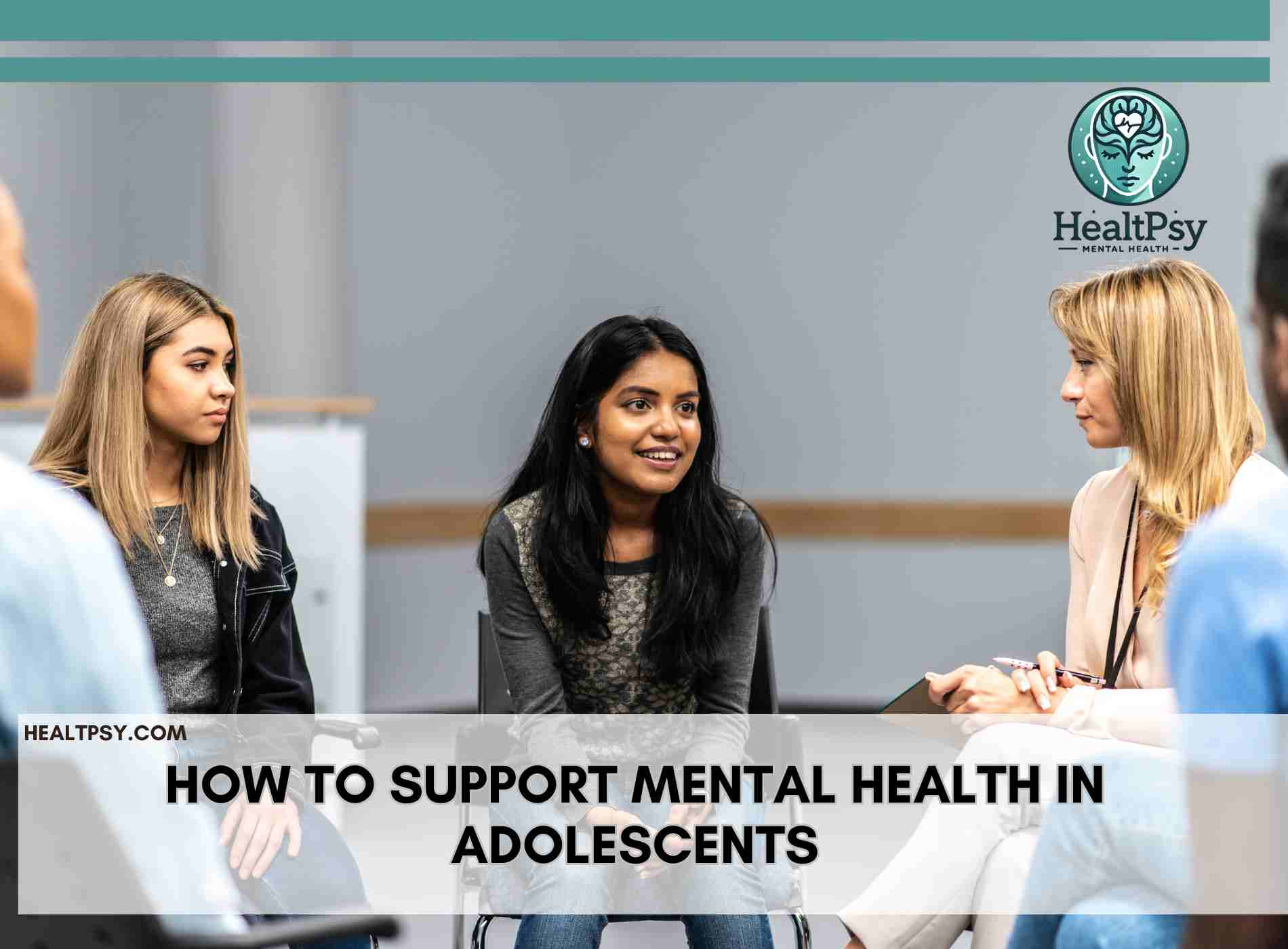7 Effective Strategies to Maintain Mental Health During Global Crises
Introduction
Mental health during global crises is a growing concern as people face uncertainty, stress, and disruption in their daily lives. Whether it’s a pandemic, economic downturn, natural disaster, or political instability, global crises can trigger anxiety, depression, burnout, and emotional exhaustion.
Without proactive strategies to protect mental well-being, individuals may experience chronic stress, difficulty coping, and long-term psychological distress.
This article explores the psychological effects of global crises and provides seven scientifically-backed strategies to help individuals maintain mental resilience and emotional balance during challenging times.
📌 For more on stress management, visit Managing Psychological Stress.
The Psychological Impact of Global Crises
Global crises can lead to widespread uncertainty, financial insecurity, and health concerns, significantly impacting mental health. Studies from the World Health Organization (WHO) indicate that global disasters increase the risk of anxiety, depression, and post-traumatic stress disorder (PTSD).
1. Increased Anxiety and Stress
- Fear of illness, financial instability, or job loss can trigger chronic stress.
- Uncertainty about the future increases feelings of helplessness and worry.
2. Social Isolation and Loneliness
- Lockdowns and restrictions limit social interactions, leading to emotional distress.
- Lack of human connection weakens mental resilience and contributes to depression.
3. Exposure to Negative News and Information Overload
- Constant media exposure to negative headlines escalates fear and panic.
- Misinformation and conspiracy theories increase confusion and distress.
4. Financial Struggles and Job Insecurity
- Economic crises result in higher unemployment rates, causing financial stress.
- Fear of not being able to provide for oneself or one’s family affects emotional stability.
📌 For more on stress effects, read How to Recognize the Symptoms of Psychological Disorders.
7 Strategies to Maintain Mental Health During Global Crises
1. Limit Exposure to Negative News
✔ Research from Harvard Medical School shows that consuming too much news can heighten anxiety levels.
✔ Set specific times to check news updates rather than being constantly exposed.
✔ Follow credible sources like the World Health Organization (WHO) and the Centers for Disease Control and Prevention (CDC) to avoid misinformation.
📌 Read more on digital wellness in The Science of Digital Detox for Mental Health.
🔗 External Source: World Health Organization – Mental Health & COVID-19 (DoFollow)
2. Practice Mindfulness and Stress-Relief Techniques
✔ Mindfulness and meditation reduce stress by promoting present-moment awareness.
✔ Deep breathing exercises like diaphragmatic breathing lower cortisol levels.
✔ Journaling emotions helps process thoughts and reduce anxiety.
📌 Learn meditation techniques in Deep Breathing and Meditation Techniques to Relieve Stress.
🔗 External Source: American Psychological Association – Mindfulness (DoFollow)
3. Stay Connected with Loved Ones
✔ Social support strengthens mental resilience during crises.
✔ Stay connected via video calls, social media, or messaging apps.
✔ Participate in online support groups to share experiences and coping strategies.
📌 For more on social support, read The Impact of Social Support in Preventing Psychological Disorders.
🔗 External Source: Mental Health America – Social Support (DoFollow)
4. Establish a Healthy Routine
✔ Consistency in daily habits provides stability during uncertain times.
✔ Set a structured routine that includes work, relaxation, and exercise.
✔ Prioritize self-care activities like reading, cooking, or practicing hobbies.
📌 Explore self-care tips in The Importance of Self-Care in Preventing Psychological Issues.
🔗 External Source: National Alliance on Mental Illness – Self-Care (DoFollow)
5. Engage in Physical Activity
✔ Exercise releases endorphins, which act as natural mood boosters.
✔ Activities like walking, yoga, or resistance training reduce stress.
✔ Regular movement enhances cognitive function and mental clarity.
📌 Read about the benefits of exercise on mental health in The Role of Exercise in Mental Health.
🔗 External Source: Mayo Clinic – Exercise and Depression (DoFollow)
6. Seek Professional Mental Health Support
✔ If anxiety or depression persist, therapy can provide crucial support.
✔ Online counseling platforms like BetterHelp and Talkspace offer accessible mental health services.
✔ Cognitive-Behavioral Therapy (CBT) is highly effective for stress management.
📌 For professional guidance, visit Psychological Support and Therapy.
🔗 External Source: BetterHelp – Online Therapy (DoFollow)
7. Focus on What You Can Control
✔ Accepting uncertainties reduces emotional distress.
✔ Develop a gratitude practice to shift the mindset toward positivity.
✔ Engage in meaningful activities, such as volunteering or helping others.
📌 For insights on resilience, check out Building Psychological Resilience to Face Crises.
🔗 External Source: American Psychological Association – Resilience (DoFollow)
Conclusion
Mental health during global crises requires a proactive approach that includes stress management, self-care, social support, and professional help when needed. By implementing these seven effective strategies, individuals can navigate uncertainty while safeguarding their emotional well-being.
📌 For additional mental health resources, visit Managing Psychological Stress.
Tags: Mental Health During Global Crises, Global Crisis and Mental Well-being, Coping with Stress in Global Crises, Psychological Resilience in Crises, Managing Anxiety in Uncertain Times, Emotional Well-being During Global Challenges, Stress Management in Crises, Self-Care in Global Disruptions, Mental Resilience Strategies, Protecting Mental Health in Difficult Times
you might also like





